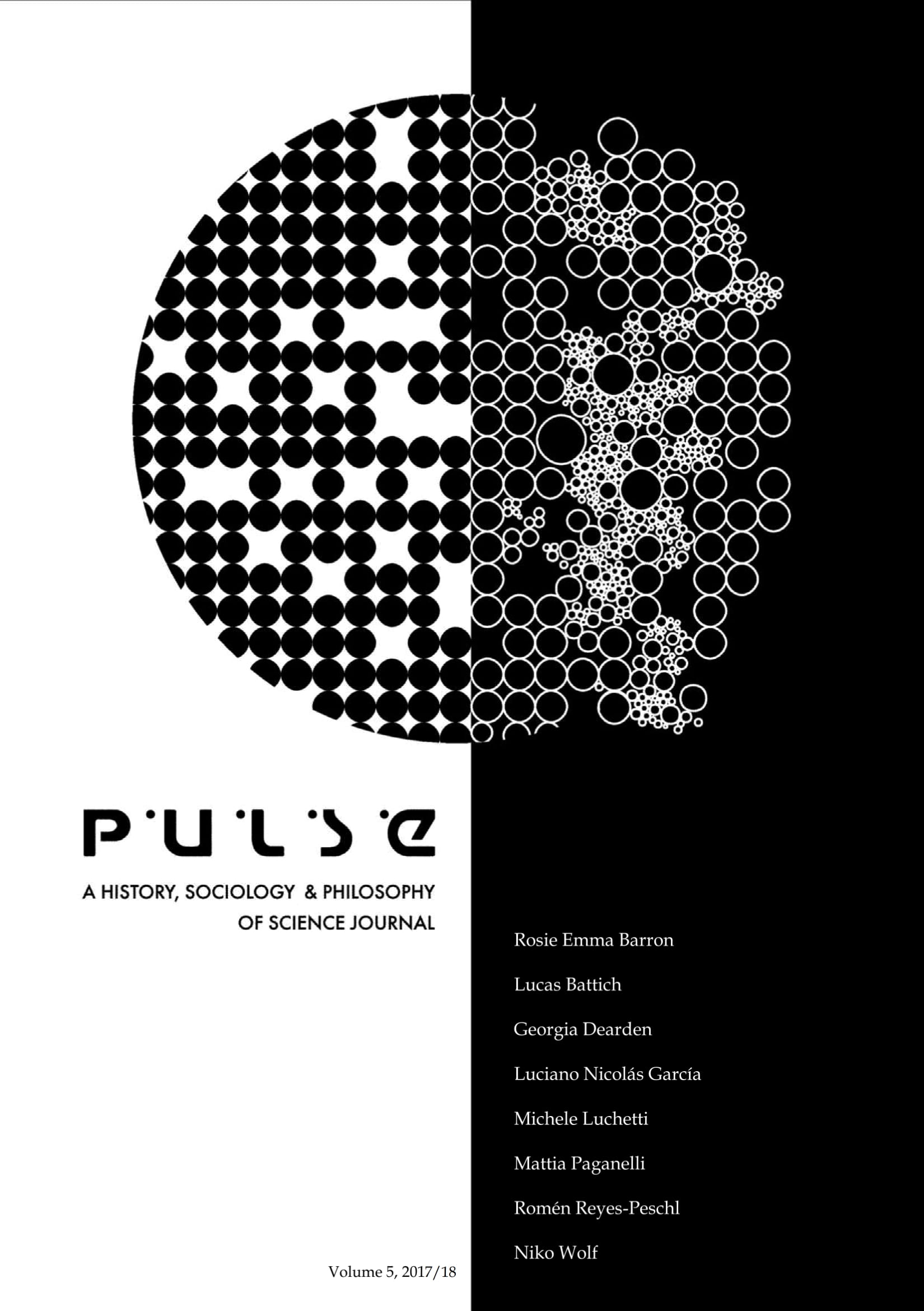Are Non-Human Primates Gricean? Intentional Communication in Language Evolution
Are Non-Human Primates Gricean? Intentional Communication in Language Evolution
Author(s): Lucas BattichSubject(s): Philosophy, Philosophy of Mind, Philosophy of Language
Published by: Central European University
Keywords: Gricean communication; non-human primates; Richard Moore;
Summary/Abstract: The field of language evolution has recently made Gricean pragmatics central to its task, particularly within comparative studies between human and non-human primate communication. The standard model of Gricean communication requires a set of complex cognitive abilities, such as belief attribution and understanding nested higher-order mental states. On this model, non-human primate communication is then of a radically different kind to ours. Moreover, the cognitive demands in the standard view are also too high for human infants, who nevertheless do engage in communication. In this paper I critically assess the standard view and contrast it with an alternative, minimal model of Gricean communication recently advanced by Richard Moore. I then raise two objections to the minimal model. The upshot is that this model is conceptually unstable and fails to constitute a suitable alternative as a middle ground between full-fledged human communication and simpler forms of non-human animal communication.
Journal: Pulse: the Journal of Science and Culture
- Issue Year: 5/2018
- Issue No: 1
- Page Range: 70-88
- Page Count: 19
- Language: English

